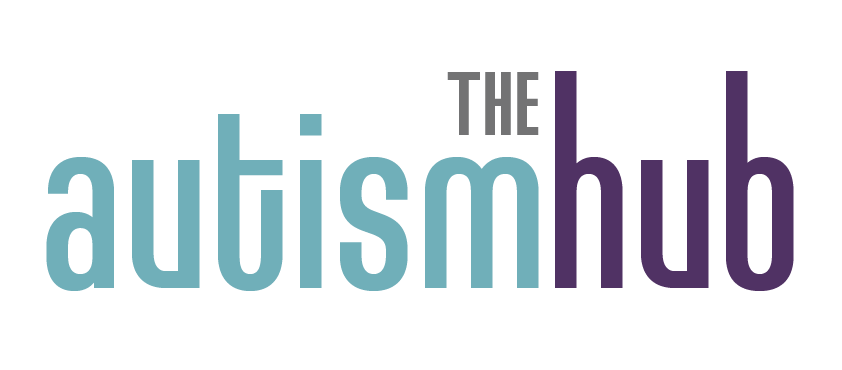The transition from adolescence to young adulthood is a major developmental milestone that presents its challenges in the general population.
About the Leisure Program
The transition from adolescent centred to adult orientated support offers additional challenges due to the conflicts between clients developmental age and chronological age. The shift in occupational role from “student” to “adult” encompasses a range of demands on clients such as ability to form an informed consent, ability to give and refuse consent, responsibility and ownership over less structured times across the day and assumed ability to make a range of choices in a variety of ways. Due to the increasing demands of their occupational role, some clients may experience an increase in episodic severity of behaviours or are so overwhelmed with their new responsibilities and changing environments that they may withdraw and have a regression of skills. Leisure time therefore becomes a critical opportunity for skill development; in specific leisure activities, the use of expressive and receptive communication supports, integration into community settings and group participation.
The results of the leisure program after 12 months of implementation saw an increase in group participation, a reduction of anxious behavioural symptoms, an increase in participation from clients in age appropriate activities, an increase in client’s repertoire of skill based leisure activities, improvements in communication and a reduction in challenging behaviours.








